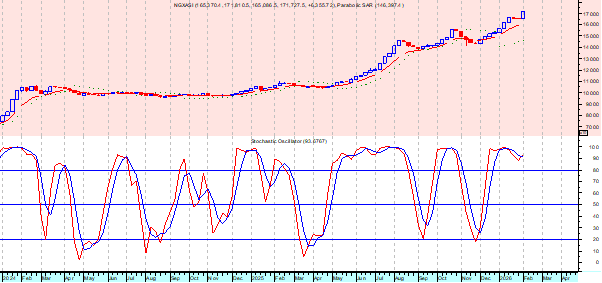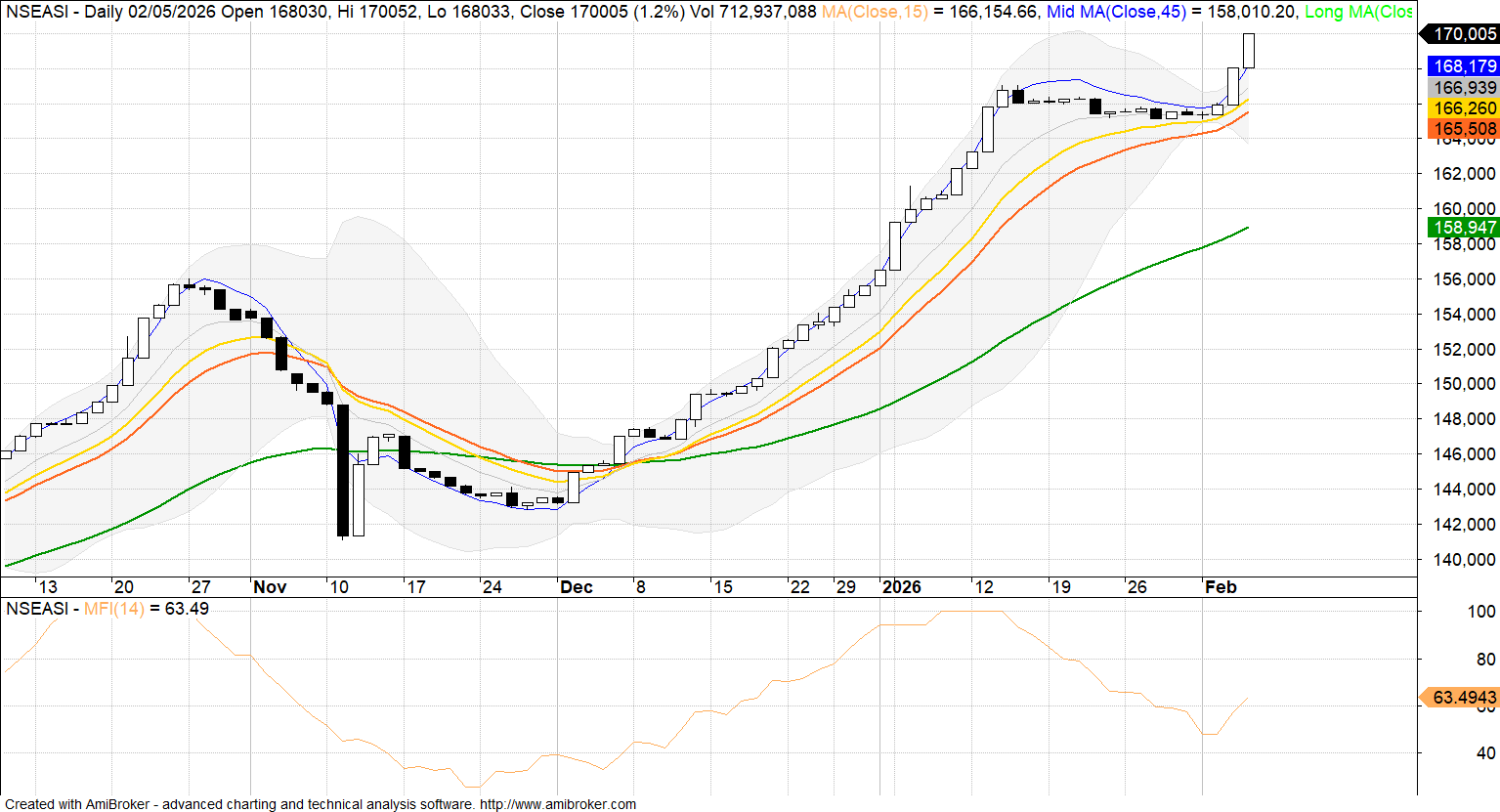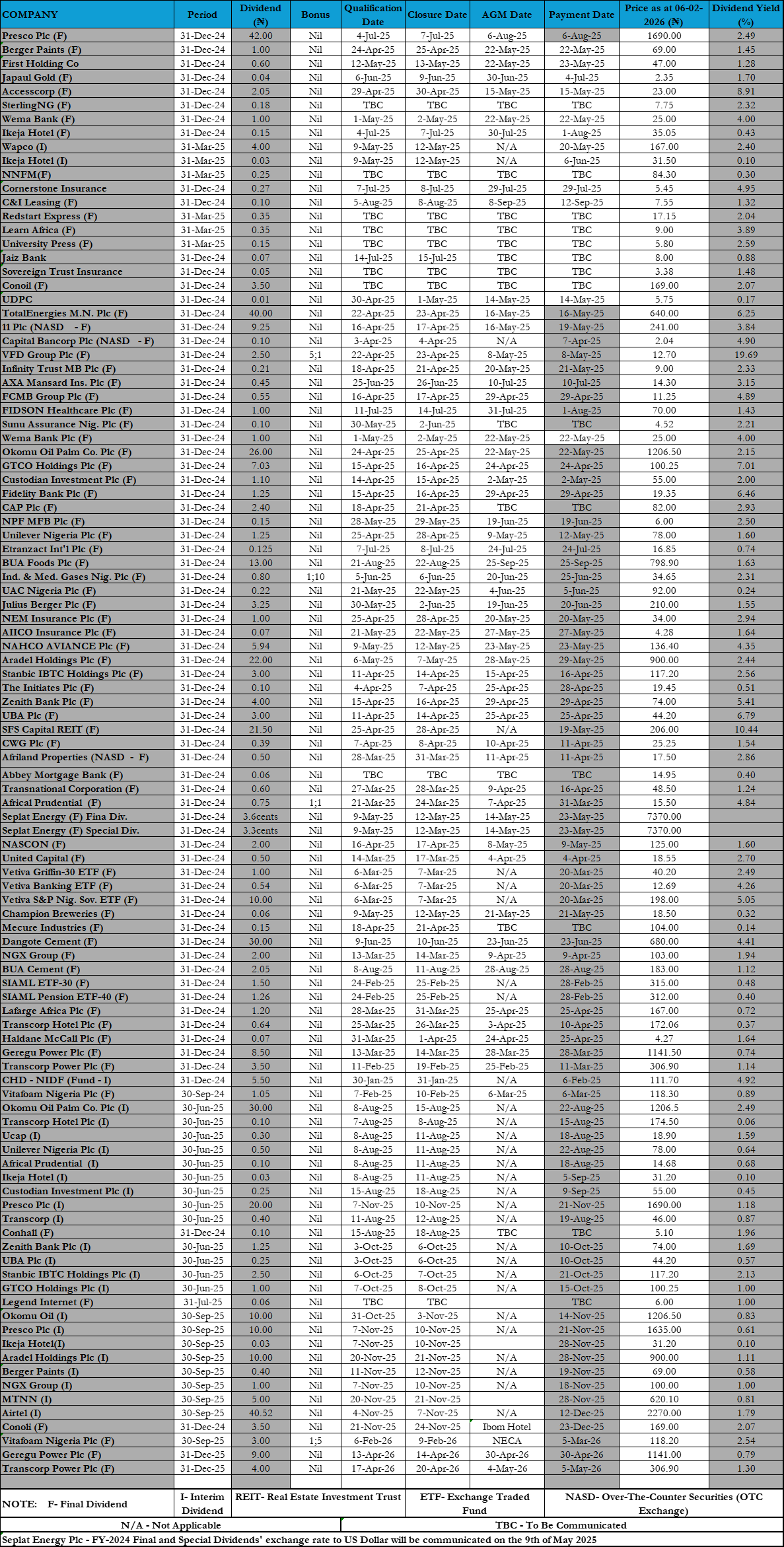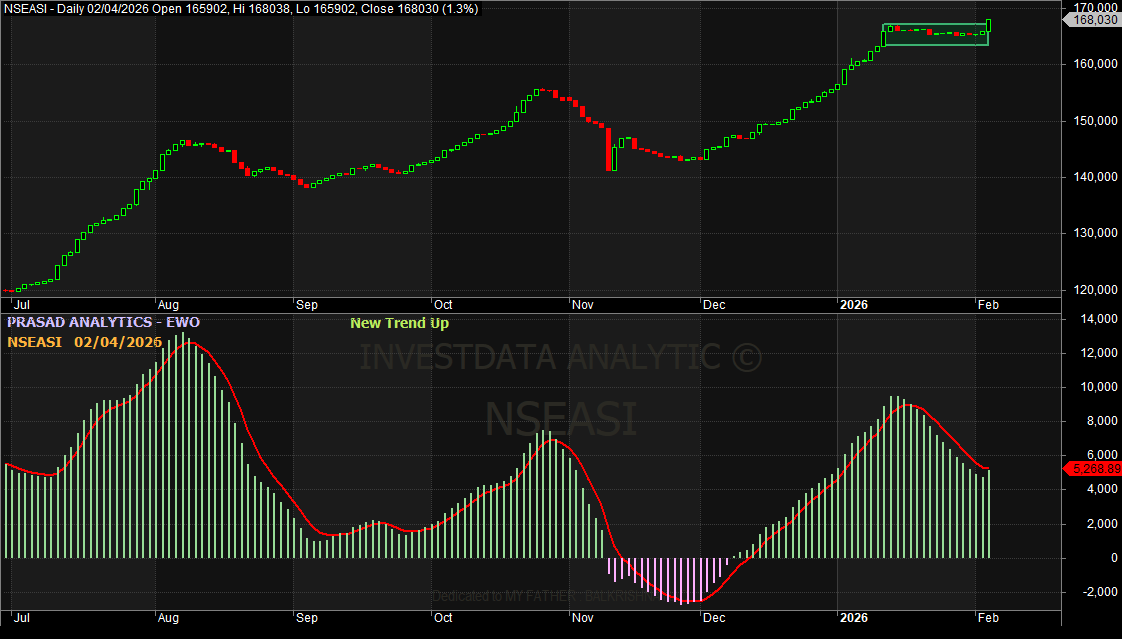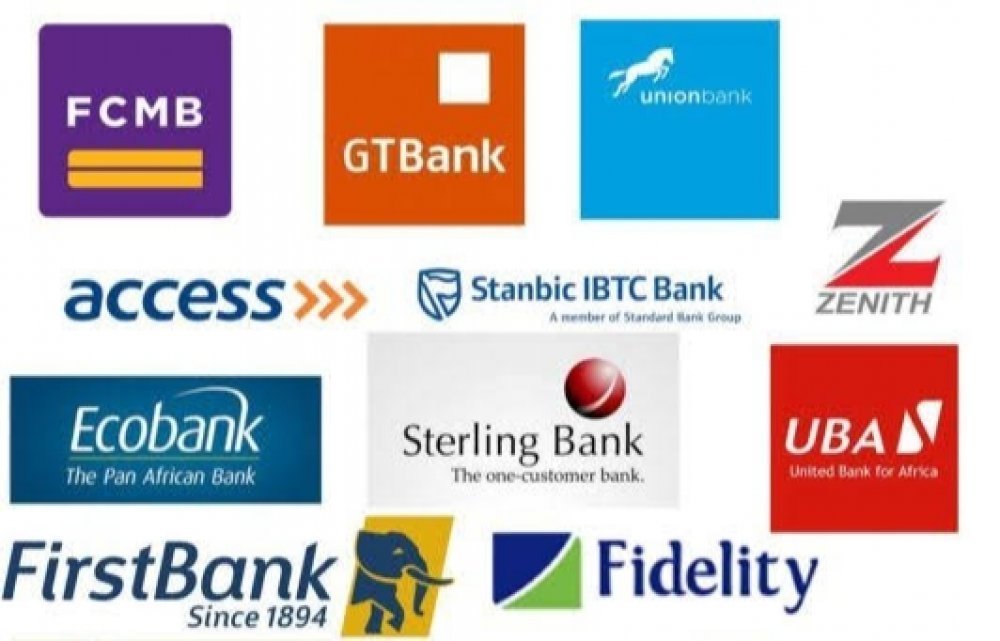
Consumer goods giant- PZ Cussons Nigeria, on Friday presented its unaudited result for half year ended November 30, 2016 to the Nigerian Stock Exchange (NSE), showing that although revenue from sales was slightly lower in the second half of the period, net profit was significantly better than the loss of N1.585 billion reported in the three months between June and August, 2016.
Commenting on the result, management said the “first half result was impacted by adverse movement in foreign exchange rate amounting to a loss of N4.9 billion, as against a loss of N1.4 million (for the) same period of prior year.”
Turnover rose to N33.302 billion, up by 8.76% from the N30.619 billion reported in the first half ended November 30, 2015, with operating profit of N4.346 billion, which was an improvement of 228.7% over the N697.884 million reported in the preceding half year.
Loss before tax for the half year stood at N425.177 million as against the previous profit of N1.152 billion. Unlike the in the first quarter when PZ reported a loss of N2.431 billion; it returned to profit with N2.005 billion in the second quarter, up from N605.797 million in the corresponding second quarter of 2015. The half year loss represented a decline of 136.51% during the period.
Loss before tax stood at N288.95 million, from the N779.452 million profit of 2015 half year, translating to loss per share of seven kobo from the previous earnings of 20 kobo, even as there are hopes that should the management keep the pace of the second quarter when EPS stood at 33 kobo, shareholders may yet smile at the end of the financial year.
In April last year, Bloomberg had reported the company as saying it spends as much as 70% more than the official rate to purchase the US$ as a result of the Central Bank of Nigeria’s trading restrictions that reduced availability of forex in the country.
“Whilst the official Naira exchange rate continues to be stable, a lack of availability at that rate is resulting in the majority of dollars being purchased at a premium of 50 per cent to 70 per cent,” the Manchester-based maker of Imperial Leather soap said in a trading update on Thursday.
“The resultant cost impact is being managed through changes to relative pricing in an environment where trading conditions remain challenging. The situation in Nigeria remains extremely fluid,” it added.



